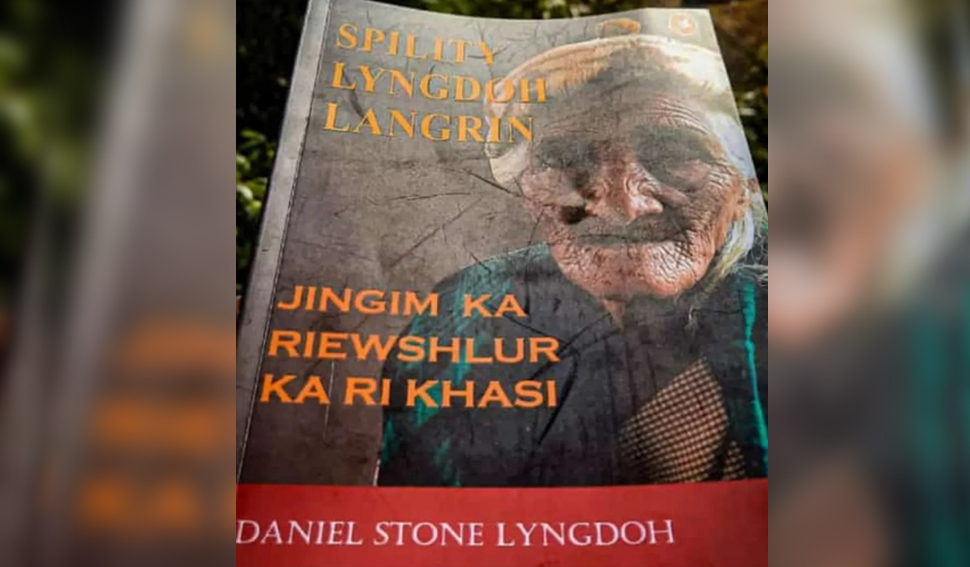NESO chairman releases book on (L) Spility Lyngdoh Langrin

“We will continue to oppose against any attempt by the government of India to mine uranium in our land,” said Phrejune Lyngdoh Langrin, the eldest son of (L) Spility, who was the face of resistance to uranium mining in the state.
He was speaking on the sidelines of a function organised by the Khasi Students Union (KSU) to release a book on (L) Spility and her role to oppose the Centre’s move to mine uranium in Domiasiat area of South West Khasi Hills district.
Authored by Daniel Stone Lyngdoh, the book entitled Jingim Ka Riewshlur Ka Ri Khasi or “the life of a brave Khasi woman” was released by NESO chairman and former KSU president Samuel Jyrwa.
“Though my mother has passed away, our stand against uranium mining will never change,” Phrejune maintained.
(L) Spility had rejected a lucrative offer from the government to buy her land after the Atomic Minerals Directorate had undertaken exploratory drilling for uranium deposits in 1993.
“Money cannot buy me freedom,” she had said — to eventually motivate locals against the “environmental ills” of uranium mining.
Daniel Stone also shared that it took him almost one year to complete the book. “It was a long process of research. I have gathered information from her relatives, NGO leaders and all those who were part of the movement against uranium mining in the state,” he said.

Daniel Stone also informed that he would soon release the English version of the book. “The book speaks about a woman who chose to live in her small humble hut rather than to accept the crores and crores offered by the UCIL,” he said.
Addressing the occasion, Samuel B Jyrwa said the book on Spility as a brave woman will no doubt be a big source of inspiration to many.
He recalled that it was in the 1990s that the Atomic Mineral Division (AMD) got the permission to carry out exploratory mining at Domiasiat. The AMD was able to extract over 600 tons of uranium ore from Nongbah Jynrin-Domiasiat.
Jyrwa said when (L) Spility saw the negative impact of the exploratory mining on the well being of the people, she decided to write to the government demanding immediate halt of the mining activities at Nongbah Jynrin.
He also remembered the role of statehood leader and former minister (L) Hoping Stone Lyngdoh in ensuring the exploratory works of the AMD ended in 1994-95.
Jyrwa said protests intensified when there was continued attempt from the UCIL to mine uranium in the area.
In 2009, the State government granted permission to the Uranium Corporation of India Limited (UCIL) to undertake exploratory activities on 422 hectares in South West Khasi Hills district. The State was then estimated to have 9.22 million tonnes of high-grade uranium ore deposits.
Relentless protests by the locals, wary of the effects of uranium mining in Jharkhand’s Jaduguda, made the government revoke the permission in August 2016.
Jyrwa also expressed regrets that there were many leaders and NGOs that time who also tried to mislead the people about uranium mining.
“But it was due to the firm stand of Spility that all such attempts to mine uranium failed till today,” he said.

Leave a Reply